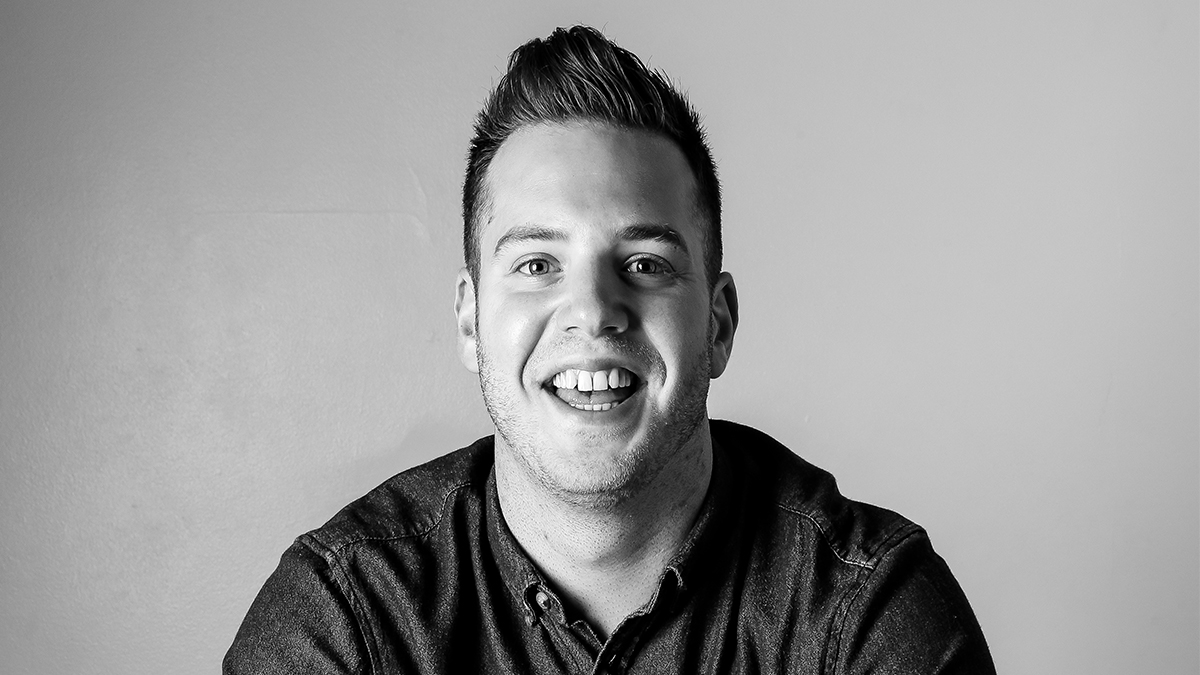Clive Harris is the founder of Solopreneur and other media ventures. Over the years, he has helped hundreds of businesses through his media marketing services.
Three days ago, I spoke with him. During our conversation, he shares some words of advice on handling anxiety and achieving success as an entrepreneur, and furthermore what motivates him to keep pushing on.
Avoiding Anxiety And Burnout
Clive Harris is keen to emphasise that being an entrepreneur is truly worlds apart from working as an employee, and this plays directly into the importance of avoiding anxiety and burnout. Entrepreneurs are completely responsible for their own destinies, without line-managers to turn to for support and guidance.
Entrepreneurs are their own bosses, and Harris believes that it’s extremely important that they become the right kind of bosses! This means not pushing themselves to the point of exhaustion – something that is easily done. There’s always something else that can be achieved in a growing business, and modern business culture encourages constant “hustle.”
This isn’t realistic in the long term, and Clive points out the importance of frequent breaks – both throughout the working day, and in terms of holidays during each year. Many entrepreneurs find that their greatest ideas and inspirations arrive during downtime.
Anxiety can be another peril of the entrepreneurial lifestyle. It’s important to learn the distinction between a healthy level of worry, which can translate into a sensible approach to risk, and a problematic level of anxiety. The latter can cause stress and stop a business moving forward.
Clive again uses the line-manager analogy here, and suggests that in the absence of a company structure, entrepreneurs are well-advised to build up a strong support network. This can mean family and friends, but also other entrepreneurs who understand the lifestyle.
Achieving Success
The most important thing to realise about success, in Clives’ view, is that it’s always something that should be measured on one’s own standards.
While some entrepreneurs won’t rest until they join the Millionaire’s Club, others have much less lofty aims. For some, a steady side income is the goal; Others would be happy with job-replacement income.
Aspiring entrepreneurs are well advised to define their own level of success, Clive says. Most importantly, this shouldn’t be based on comparisons with others or “keeping up with the Joneses.”
Clive believes that realistic, staged goals are wiser than arbitrary targets. For example, every business can start off small and celebrate the first sale, the first $1000 month, and the first hire – be that an employee or a freelancer.
Clive also points out that success is about far more than money. Lifestyle goals and independence are equally important.
Source of motivation
Like many entrepreneurs, Clive is motivated by achieving goals and maintaining an enjoyable lifestyle. However, he’s particularly inspired by the fact that he can freely balance work with family life.
Being able to continually evolve the business around a changing world – both online and offline – is also something he finds motivating. Again, this emphasises the difference between employment and entrepreneurship. While employees are often tied to cultures and objectives they care little for, entrepreneurs have no such restrictions.
Continuous Growth
The freedom to evolve that Clive refers to is also something he believes contributes to the ability to constantly grow his overall business.
As he points out, even the most successful businesses tend to have periods of growth and periods of stagnation. All businesses are also subject to the impact of unexpected events. Inevitably, the COVID-19 outbreak is an example of this, with some sectors such as events and entertainment decimated, and others – such as ecommerce and food delivery – unexpectedly thriving.
This is where having several business running concurrently, as Clive does, is invaluable. He is free to move resources around and concentrate on projects at the right time, responding to world events and market forces. Growth on one project can counteract stagnation on another, ensuring that the general protectory moves in the right direction.
This diversification is something Clive is keen to expand on, with plans to add more businesses to his portfolio in the months and years to come.


